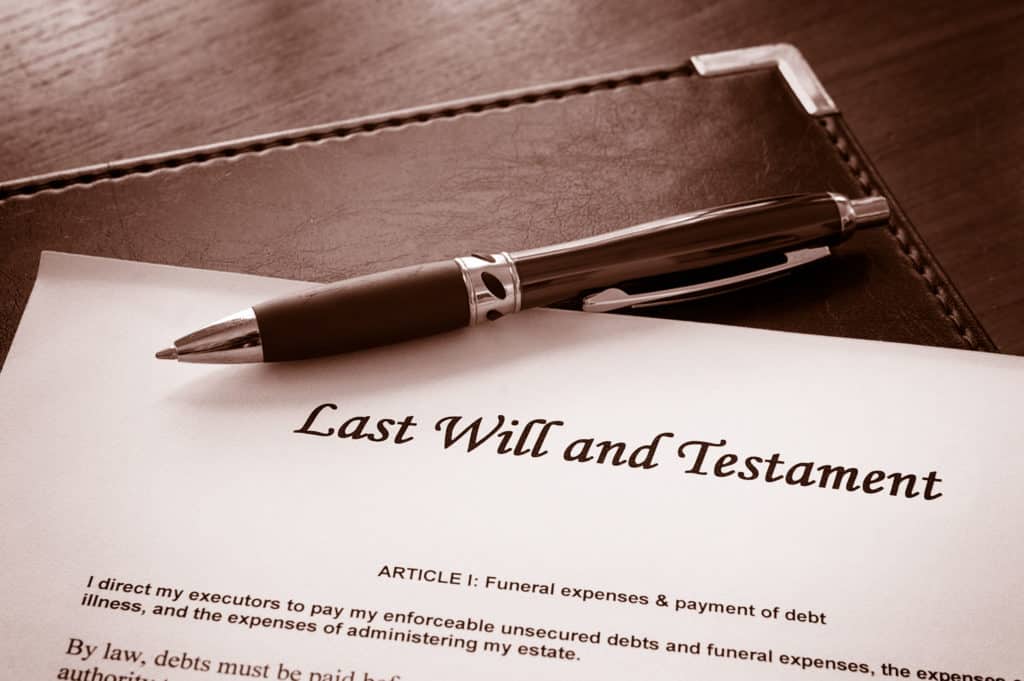“Am I too young to write a will?”
It’s a common question, and all too often what it really means is, “I’m only in my 20s or 30s and I really don’t want to think about or face my own mortality just yet.” It’s often couched in excuses like not having that many assets yet, or not having the experience to know how to do it right, but generally, it’s all back to the “facing mortality” issue.
While sometimes you may be legally too young to file a will, it’s never too early to start thinking about your estate plan and getting your life in order. Learn whether you are ever too young to have a will, and why it’s always a good idea to secure the services of an experienced estate planning attorney.
Am I Too Young to Have a Will?
Every state is different, but in general you will need to be at least 18, a legal adult, to be considered of sound mind and legally responsible to file your last will and testament. Once you reach the age of legal adulthood, however, there are no restrictions on when you can write your will, except for mental incompetence for one reason or another.
When Should I Write a Will?
The decision when to write a will is really a personal one and will be different for every person. If you think you’re too young to get your house in order, however, consider that Cory Monteith of the popular show Glee died at the age of 31. Anton Yelchin of Star Trek fame died at the age of 27. Paul Walker from Fast and Furious was 40.
The answer is, you’re never too young to have a will and make sure your final wishes are followed.
Determining When to Write a Will
Even people of moderate means can have assets they want to dispose when they pass away. The first step in determining if you should write a will is to figure out what your assets are. These can be anything from a house to savings accounts, from investments to a car, to things like your blogs, photos, music, social media accounts, video games and even collectibles. That Fender Stratocaster, Meerschaum pipe collection or that original 1974 copy of Dungeons & Dragons in your bookcase could have real value.
A will allows you to state your wishes as to whom you wish to gain access to these things when you die, and how they will be distributed.
How to Write a Will
The first thing to do is catalog all of your assets, make a list of beneficiaries, and simply state who should get what. That’s the beginning and the basis for the whole thing, and you can do that on your own. The next step is to call on the services of a qualified estate planning attorney like Tanko law.
We have helped people across Montana with their estate planning, wills and trust needs for many years, and we’re ready to help you as well. Give us a call for more information and a consultation today!


